When you’re building a startup, it often feels like you’re sprinting. You’re chasing customers, trying to nail product-market fit, iterating on your pitch, and hustling to raise funds. In that kind of high-speed environment, legal documents can easily slip down the priority list. After all, why focus on contracts when you’re still trying to prove the idea works?
Here’s why: contracts are guardrails. They stop you from losing your IP, they keep co-founder relationships healthy, they make your startup attractive to investors, and they can literally prevent lawsuits that could bankrupt you before you even get started.
Investors know this. During due diligence, one of the first things they’ll ask for is your “legal house in order”. If you don’t have these eight contracts ready, you risk raising red flags before you even start negotiations.
So let’s dive deeper into the eight must-have contracts every founder should draft early.
1. Founders’ Agreement: Setting the Ground Rules
Think of this as the prenup of startups. At the start, everyone’s excited. Everyone believes equally in the vision. But what happens six months in, when one founder feels like they’re doing 70% of the work but only own 30% of the equity? Or when someone leaves suddenly, taking a huge chunk of the company with them?
A founders’ agreement prevents these nightmare scenarios. It typically covers:
- Equity splits: Who owns what.
- Vesting schedules: Founders earn their shares over time (usually four years with a one-year cliff).
- Roles and responsibilities: Who makes which decisions?
- Exit scenarios: What happens if someone quits, gets removed, or stops contributing?
Real-world example: Many early Facebook disputes came from unclear agreements. Contrast that with startups like Airbnb, which had strong legal structures from the beginning making them investable early on.
2. Intellectual Property Assignment: Protecting Your Core Assets
Your startup is valuable because of your intellectual property, not because of your office or even your logo. The code, the designs, the algorithms, the product itself.
Without an IP assignment, the person who created that work (employee, contractor, or even a co-founder) might still legally own it. Imagine pitching to investors only to have them walk away because your core tech is tied up in someone else’s name. It happens more often than you think.
This contract ensures:
- Anything created for the company is legally owned by the company.
- Employees and contractors can’t reuse your work for competitors.
- Investors can safely assume your IP is secure.
Tip: Don’t assume an email saying “this belongs to the company” is enough. You need a formal, signed agreement.
3. Employment Contracts: Beyond Paychecks
Hiring your first employee is a milestone. But it also creates legal obligations. An employment contract doesn’t just outline salary; it should also cover:
- Confidentiality clauses (to protect sensitive information)
- IP ownership (anything created belongs to the company)
- Non-compete or non-solicitation (in some jurisdictions)
- Termination conditions (how notice periods and exits work)
For startups offering equity or options, these contracts also explain vesting. A poorly written employment agreement could mean an ex-employee walks away with stock or knowledge that damages your future.
4. Independent Contractor Agreements: Clarity With Freelancers
Startups rely heavily on freelancers, from developers to brand designers. But here’s the catch: without a contract, the work they do may belong to them, not you.
A good contractor agreement should cover:
- Scope of work and deliverables
- Payment terms (hourly, project-based, milestones)
- Deadlines and accountability
- Ownership of work produced (again, must be assigned to the company)
Why it matters: freelancers are not employees, so employment law won’t automatically protect you. This contract closes that gap.
5. Non-Disclosure Agreements (NDAs): Guarding Confidentiality
At some point, you’ll have to share sensitive information—your business model, financial projections, product plan and customer data. NDAs are the simplest way to protect yourself.
While many investors won’t sign NDAs for first meetings (they see too many deals), NDAs are critical when working with partners or contractors. They make it legally clear that confidential information cannot be shared or misused.
Think of it as a lock on your data. You can’t stop people from seeing it, but you can set legal consequences if they misuse it.
6. Shareholders’ Agreement: Investor Peace of Mind
When you raise money, you don’t just get cash, you get shareholders. A shareholders’ agreement defines how everyone’s rights and obligations fit together. It usually covers:
- Voting rights and board composition
- Dividend policies
- Exit clauses (drag-along, tag-along)
- Restrictions on share transfers
This agreement protects both investors and founders by ensuring decisions aren’t made in a vacuum. Without it, disagreements can escalate into legal wars.
7. Customer Contracts & Terms of Service: Professionalising Sales
Even your earliest customers should sign something. For SaaS startups, that’s usually Terms of Service. For service-based businesses, it’s contracts. These documents protect your business from disputes by clarifying:
- What you’re delivering
- How you’re paid
- What happens if things go wrong
- Liability limitations
Imagine a customer refusing to pay because they expected “something different”. A clear contract makes sure everyone is aligned.
8. Investment Agreements: SAFEs, Notes, and Equity
When money finally comes in, you need the right paperwork. Common investment agreements include:
- SAFE (Simple Agreement for Future Equity): Common in early-stage rounds.
- Convertible Notes: Debt that converts to equity later.
- Equity Purchase Agreements: Direct share sales.
Each has pros and cons. SAFEs are fast and cheap, but investors might push for notes. Equity agreements are more complex but provide immediate ownership.
Investors will often bring their own terms, but being familiar with these structures helps you negotiate from a position of knowledge.
Why These Contracts Matter More Than You Think
Contracts aren’t glamorous. They won’t get you press or viral traction. But they will save your startup from imploding at the worst possible time. They:
- Reduce risk of founder disputes
- Protect your intellectual property
- Show investors you’re serious and organised
- Lay the groundwork for scaling globally
Skipping them may feel like saving time and money, but in reality, it just pushes the cost into the future, and the bill is usually far higher when things go wrong.
Final Thought
Fundraising decks and customer pitches get all the attention, but it’s the contracts that determine whether your business is built on sand or stone.
By drafting these eight agreements early, you protect your startup, reassure investors, and give yourself the breathing room to focus on what really matters for your vision. The Pitchwise Resource Library includes templates and guides for many of these documents, so you don’t have to start from scratch. Get started today.








.png)



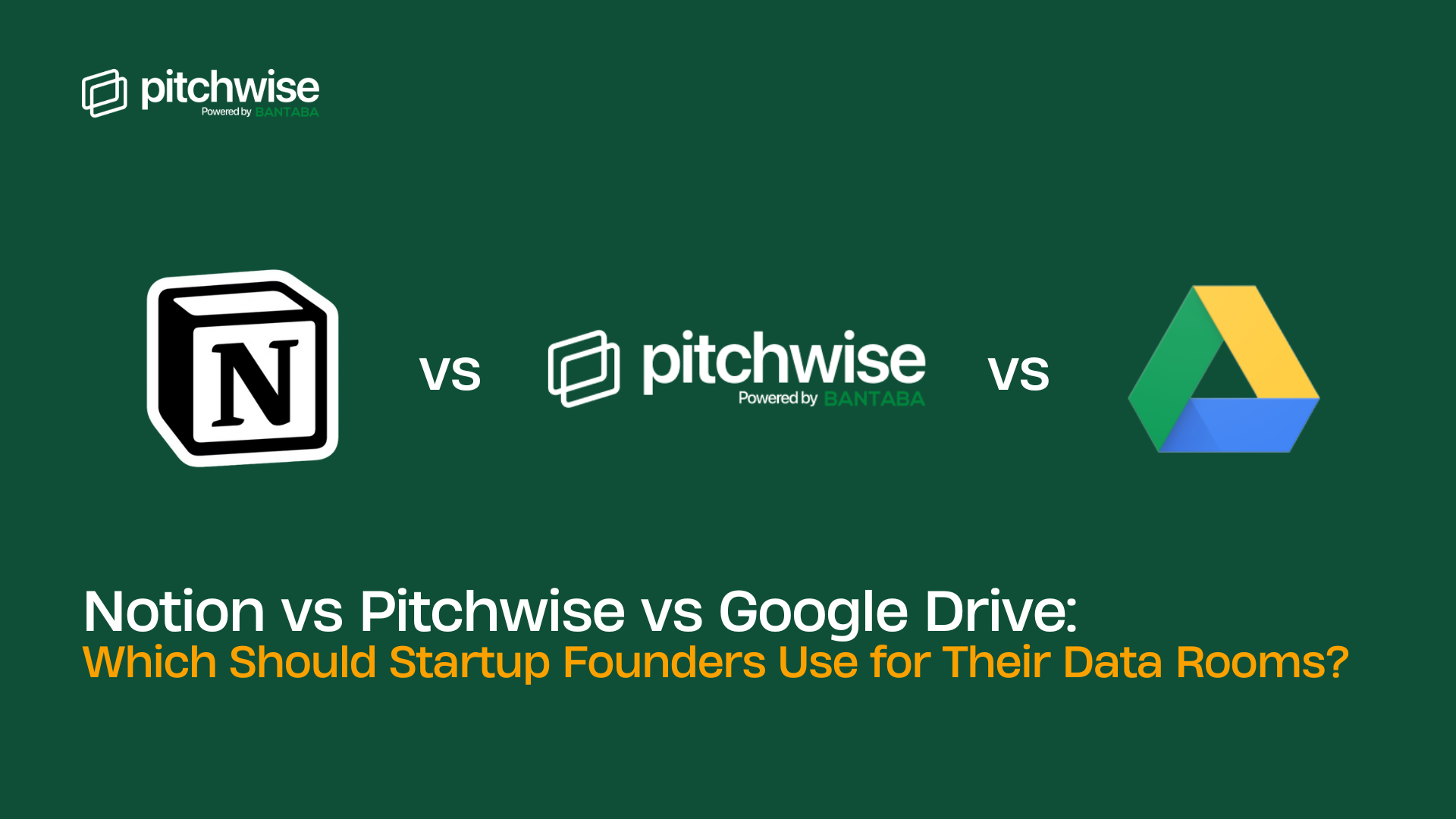
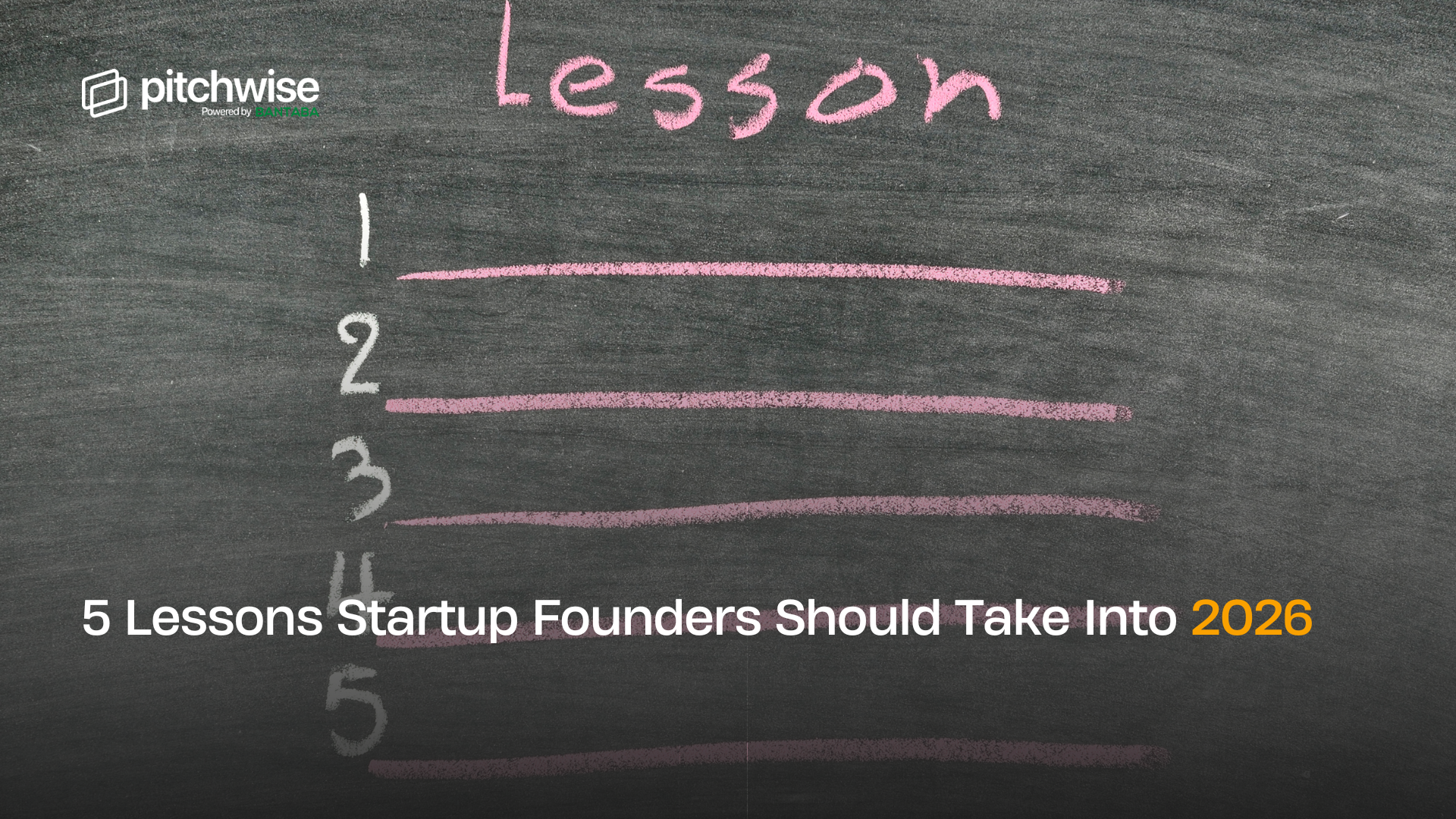





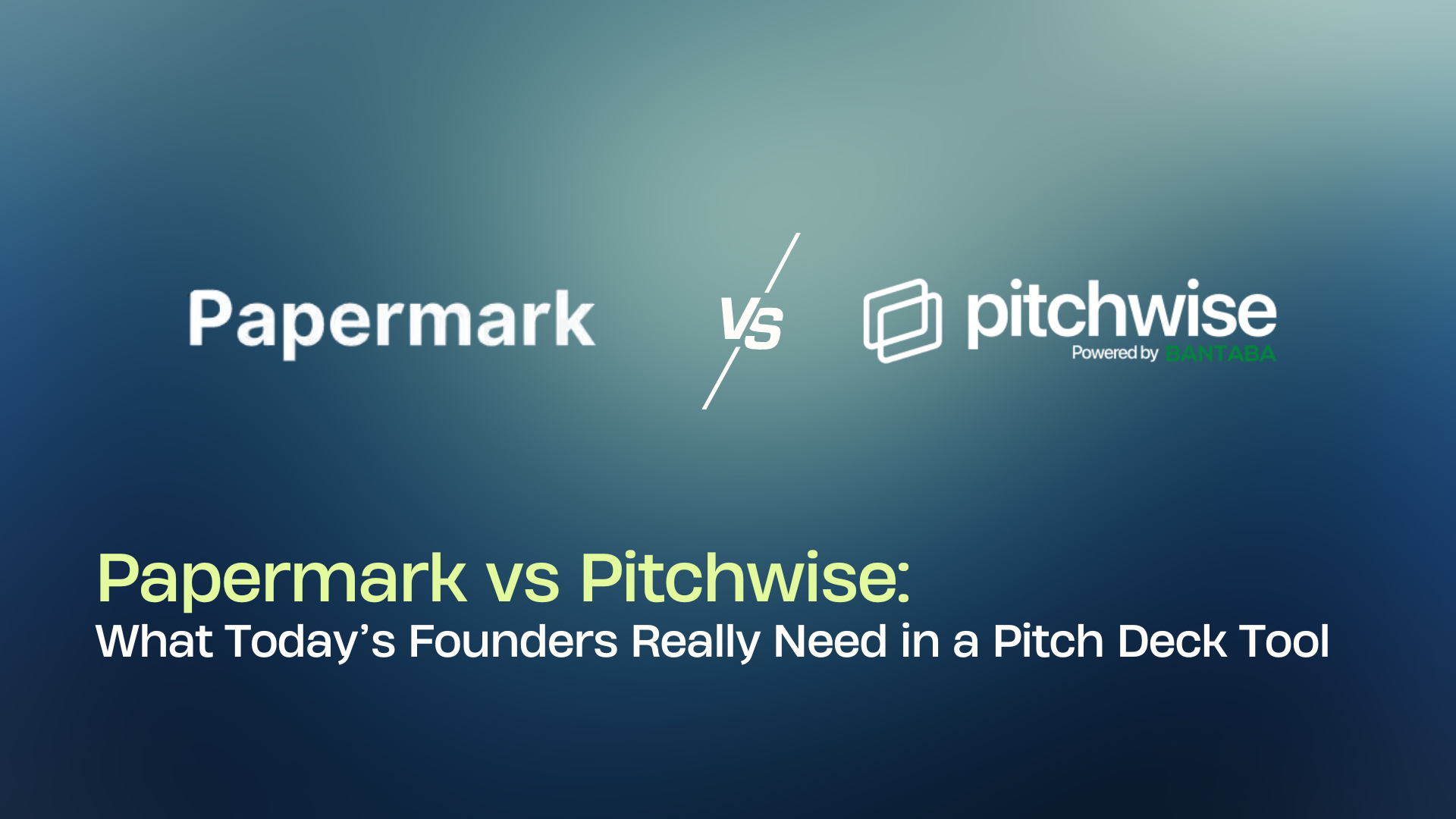




.png)


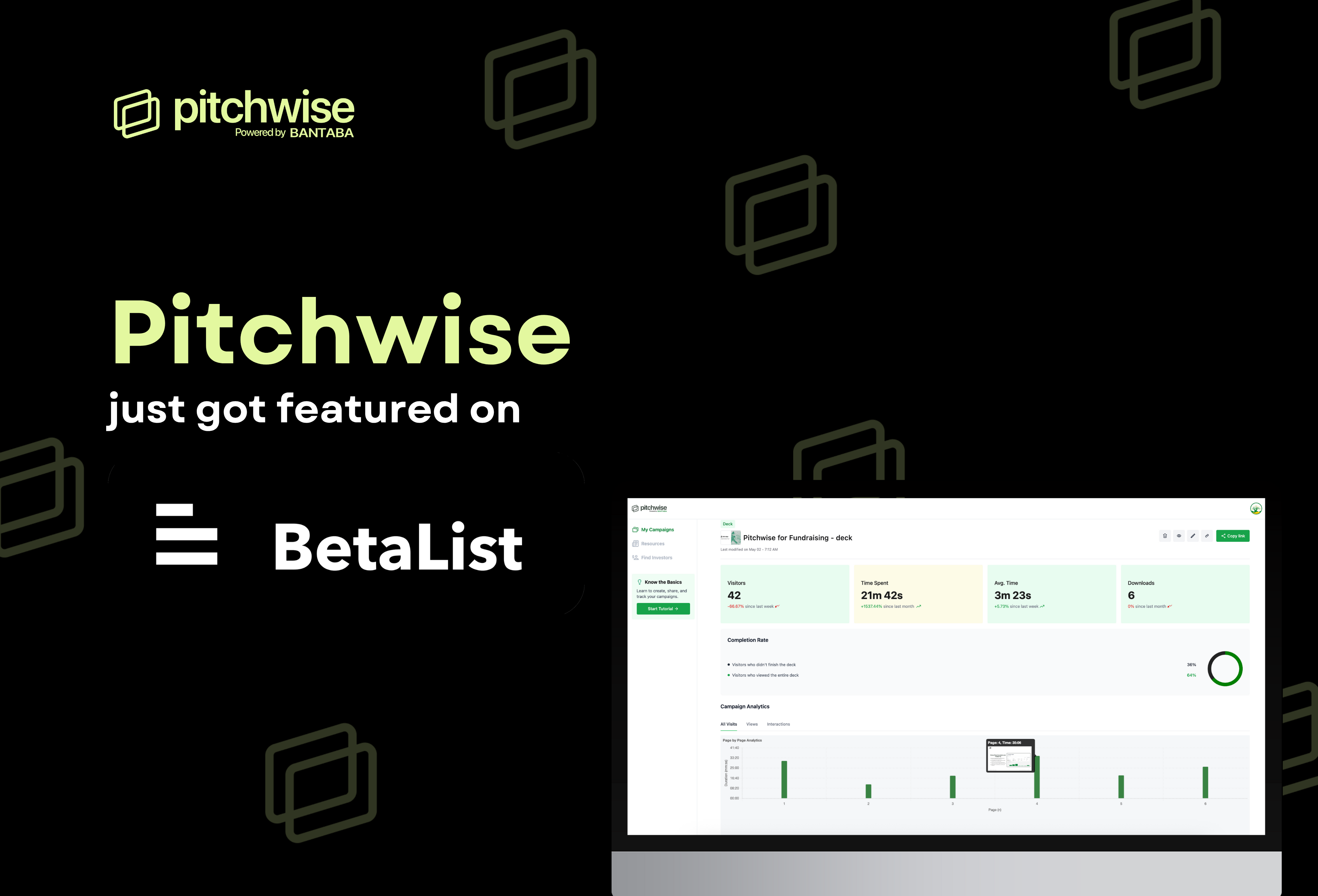





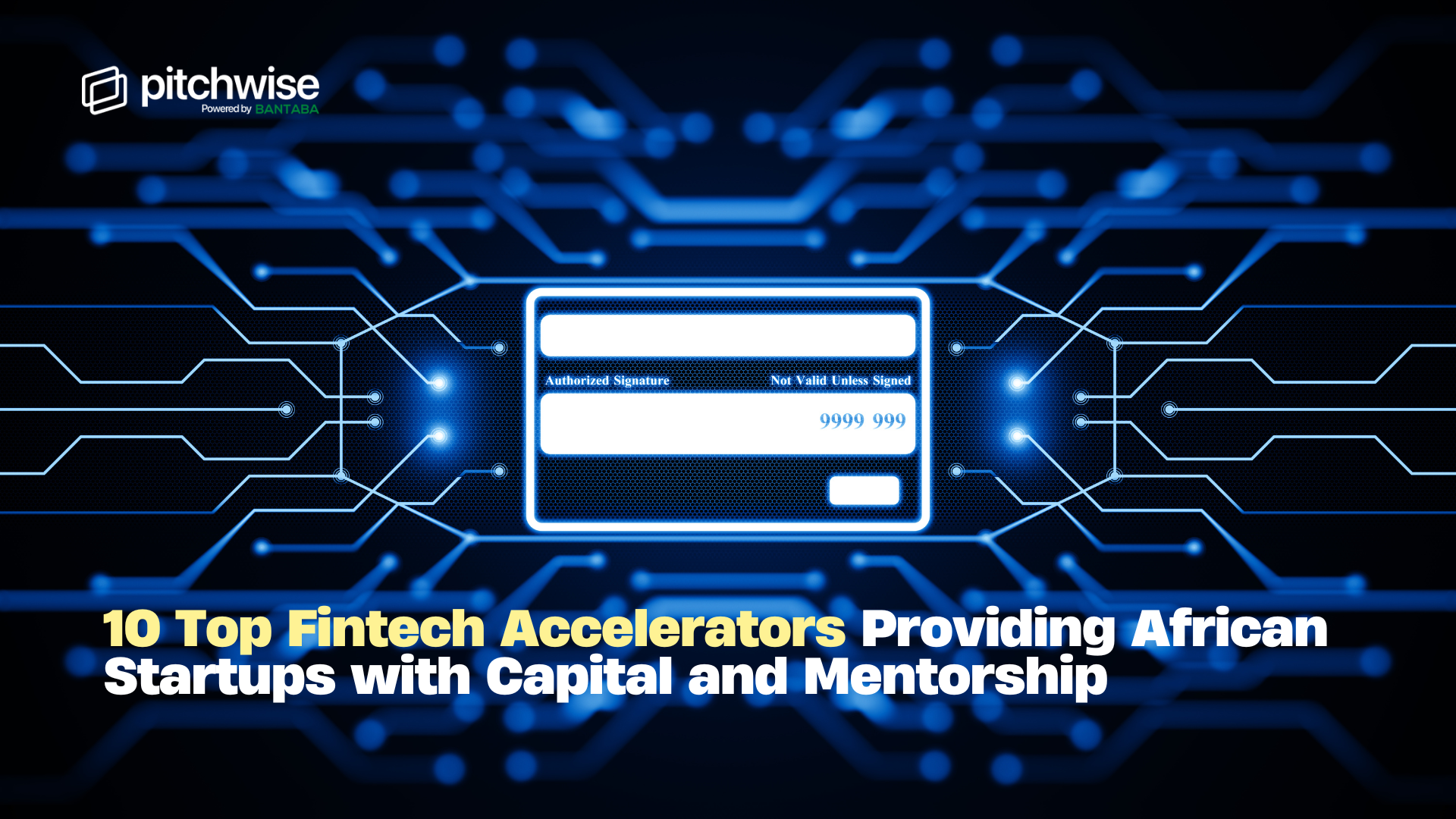
.png)








.png)


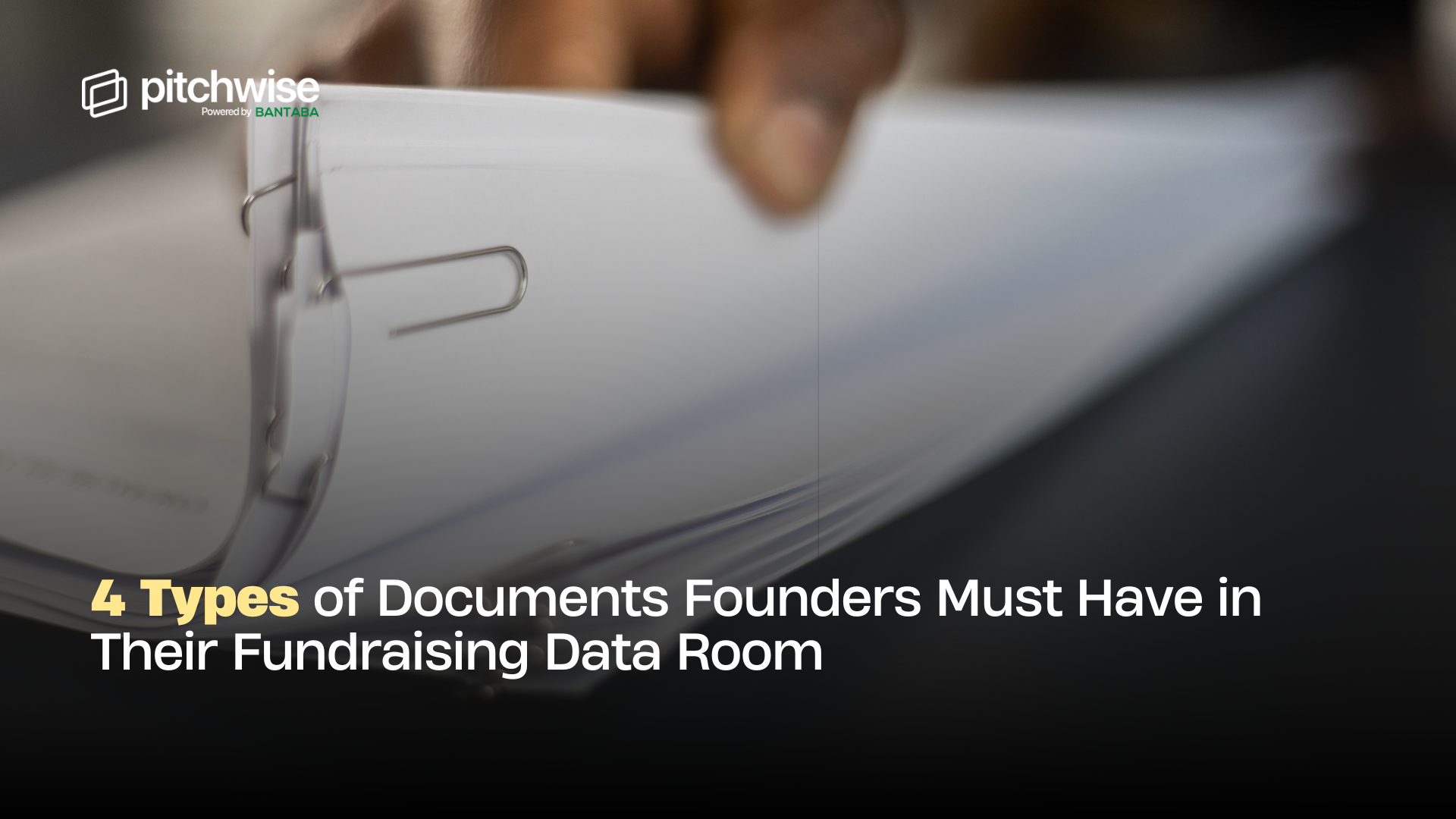
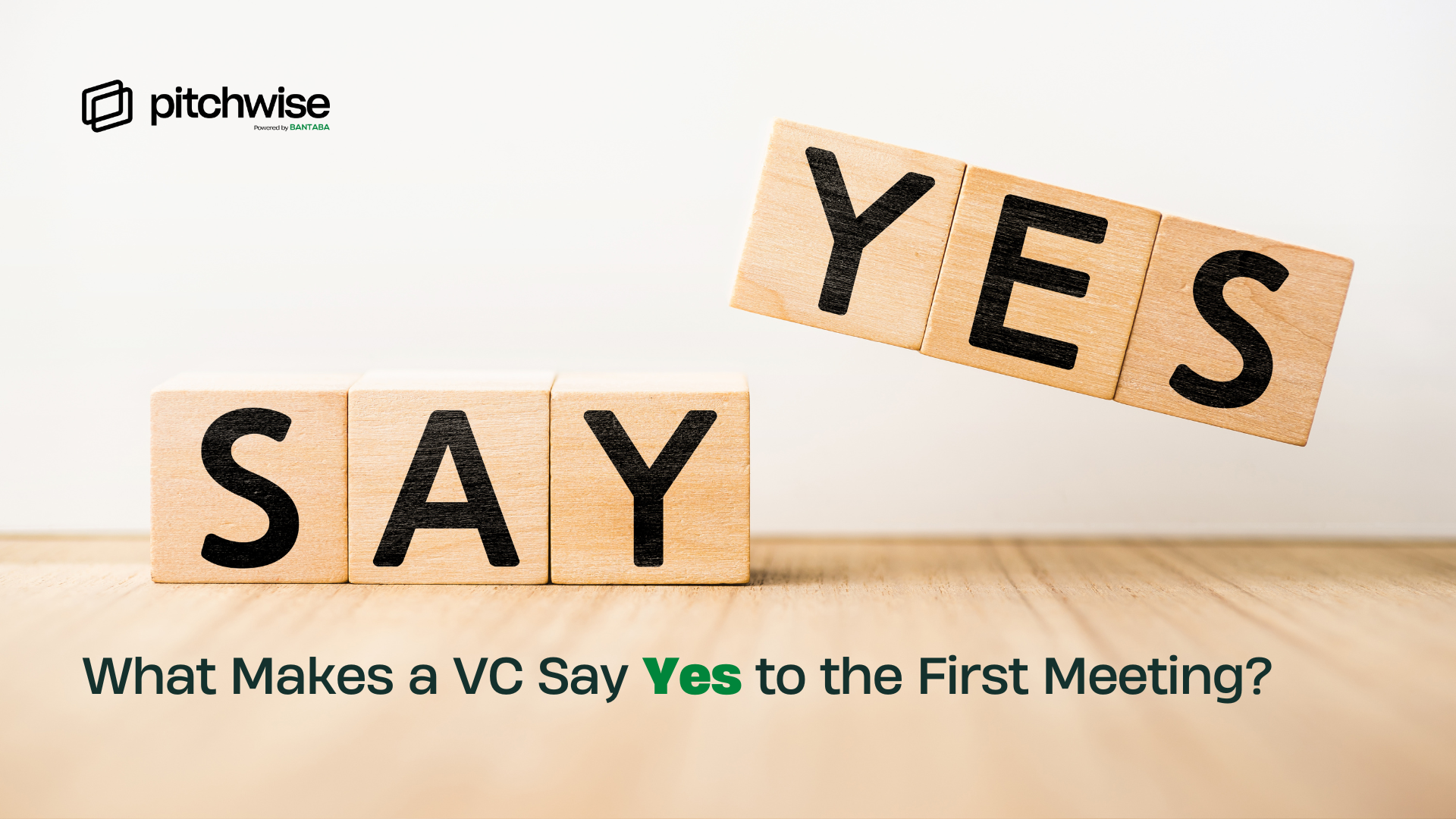
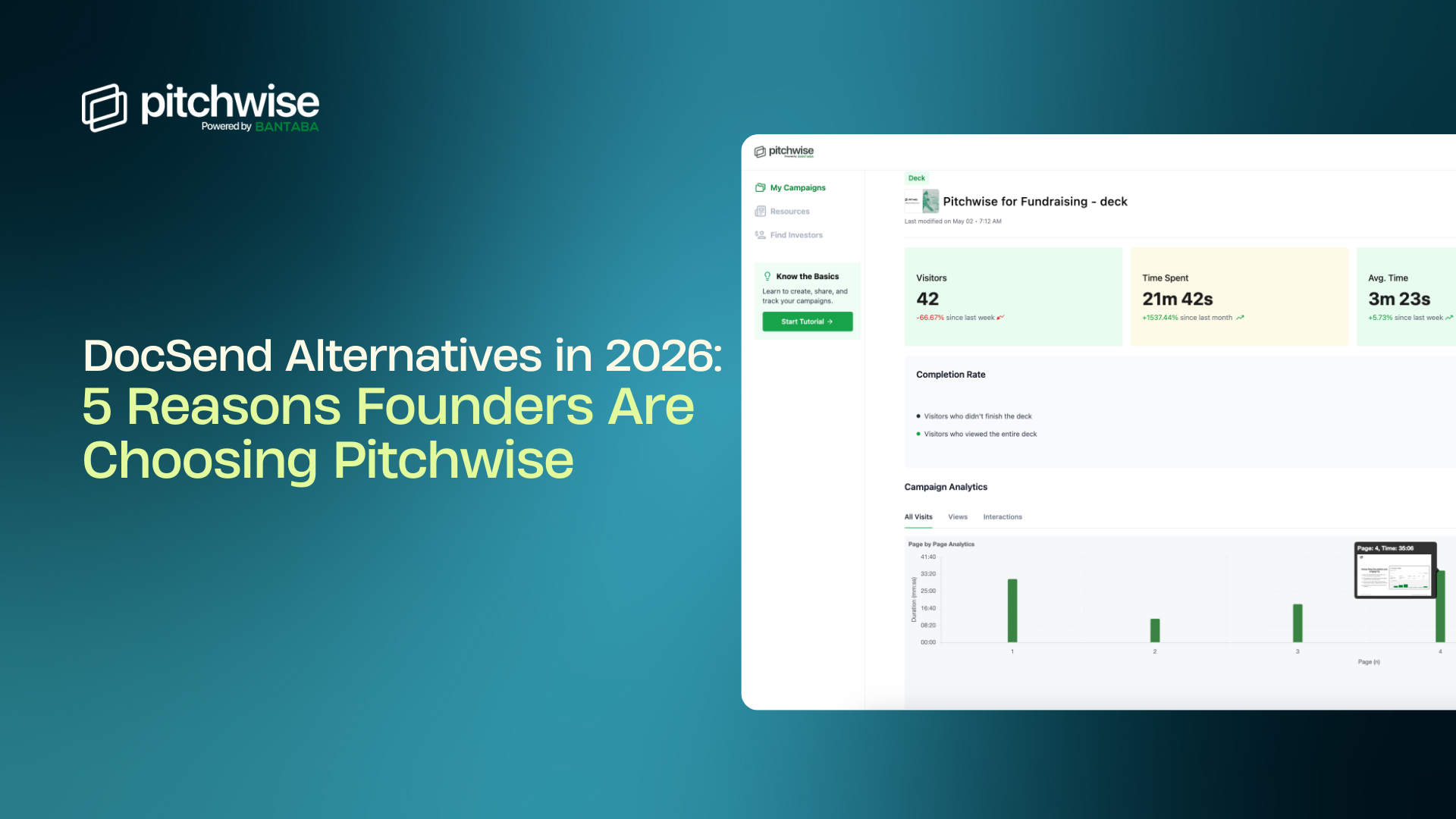










.png)

.png)



.png)
.png)


.png)
.png)



















